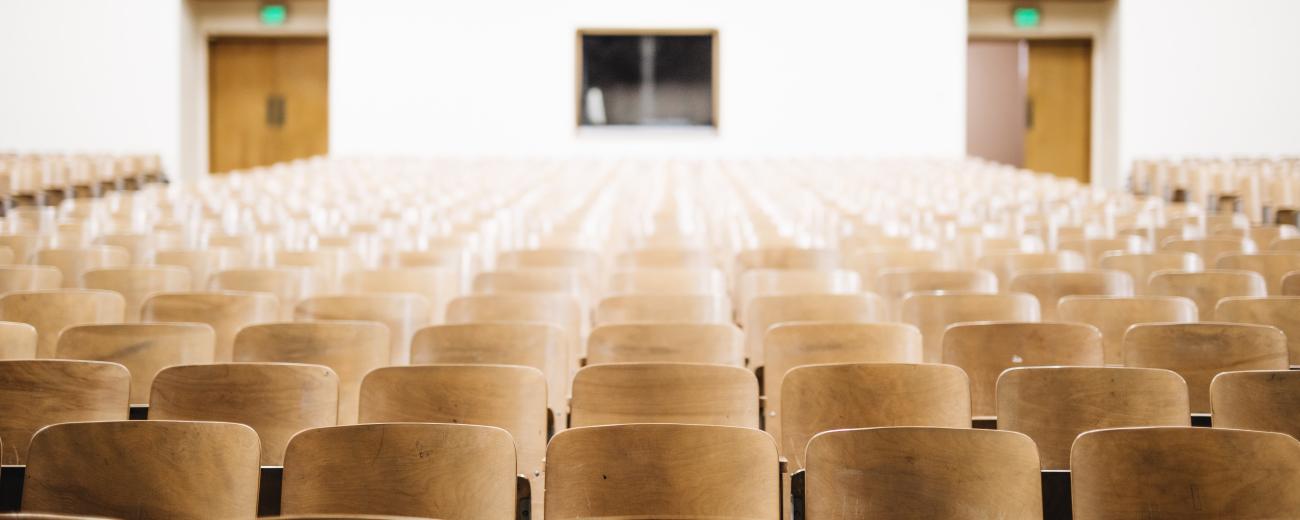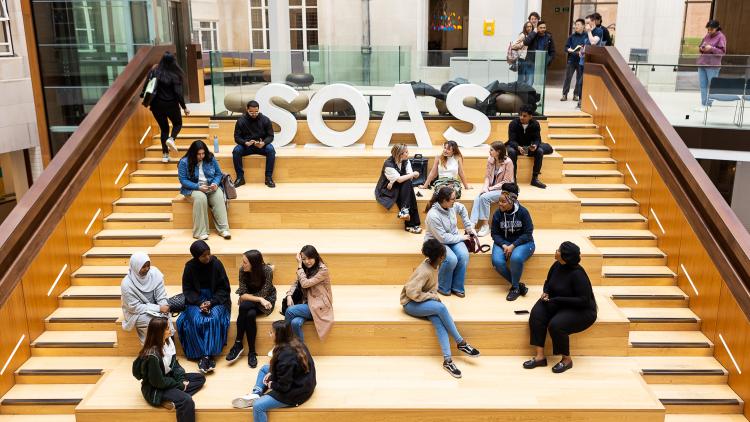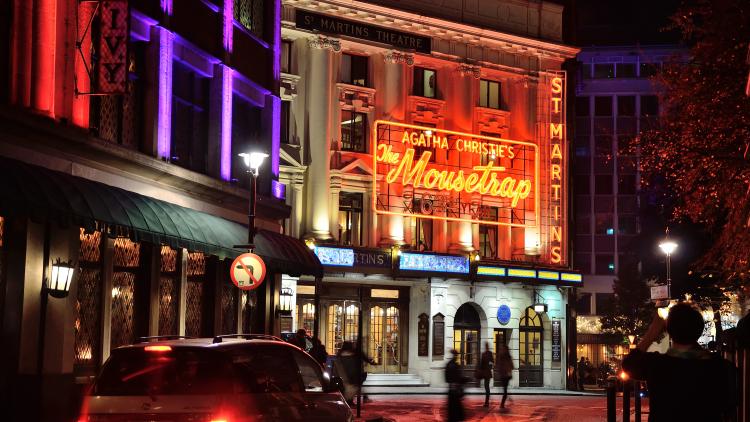Is disability a barrier to higher education?


A lot of universities praise their high level of competitiveness, with students needing an excellent academic record to apply. Unfortunately for those with disabilities, this can be seen as a significant barrier to higher education. Some believe that universities are ignorant to these differences and that no services are provided to help them during their courses. Luckily, I've found that this isn't the case.
Is having a disability really a disadvantage?
As someone with a learning disability, starting university was one of my biggest fears. However, studying at SOAS has given me great confidence in my skills and academic capabilities. It's made me realise that people with disabilities can excel and succeed academically, and that higher education is for everyone.
When I started university, I hadn't be diagnosed with my learning disability. From my previous academic experience, I was aware of my struggles and knew I needed some help. So, I decided to approach the Disability and Neurodiversity Team, who helped me to get my disability diagnosed and created a study inclusion plan which entitled me to extra support. This has significantly helped me settle in at SOAS and adapt to the higher level of education. It's also made my experience at SOAS even better!
The Disability and Neurodiversity Team provided me with support and advice for my disability. They can work with you to create student inclusion plans to help you with your studies. These plans often give you extra time for your exams and assignments. Each plan is personalised to meet your individual needs. I've found SOAS to be a very inclusive university where everyone is respected and accepted for their differences. You'll be supported throughout your course. SOAS is one of the most accessible high education institutions where anyone and everyone is welcome.
Should you be ashamed of having a disability?
Students like myself, often try hide their disabilities in fear of rejection. Sometimes, it even feels like an embarrassment, when in reality, it shouldn't be. According to The Guardian, only 2 in 5 people are diagnosed with a learning disability in childhood, and approximately 1.5 million people in the UK have a learning disability. Diagnosis is essential, and we should accept it instead of feeling ashamed of it. Having a diagnosis will help you get support and excel in your chosen field.
Disability and success
Famous people including Albert Einstein and Leonardo Da Vinci, who changed how the world worked, are thought to have had learning disabilities. Albert Einstein, known for his incredible inventions, had delayed speech, and many studies have suggested he may have suffered from dyscalculia, dysgraphia, dyslexia, and word finding. Whilst Leonardo Da Vinci is thought to have potentially had ADHD and dyslexia. Their achievements have proved that their differences were never their weaknesses, and shows that everyone has a chance of success.
About the author
Amna Shuja is a first year LLB Law student at SOAS. As a Digital Ambassador she focuses on writing blogs and creating social media content.

